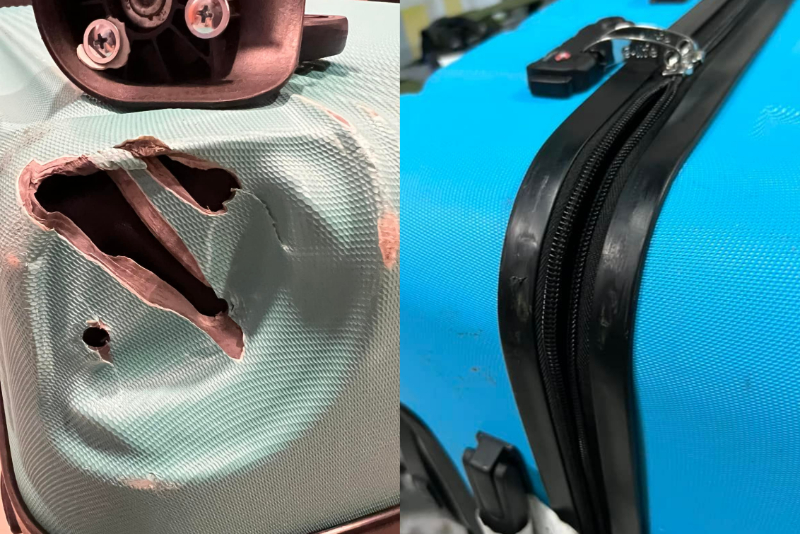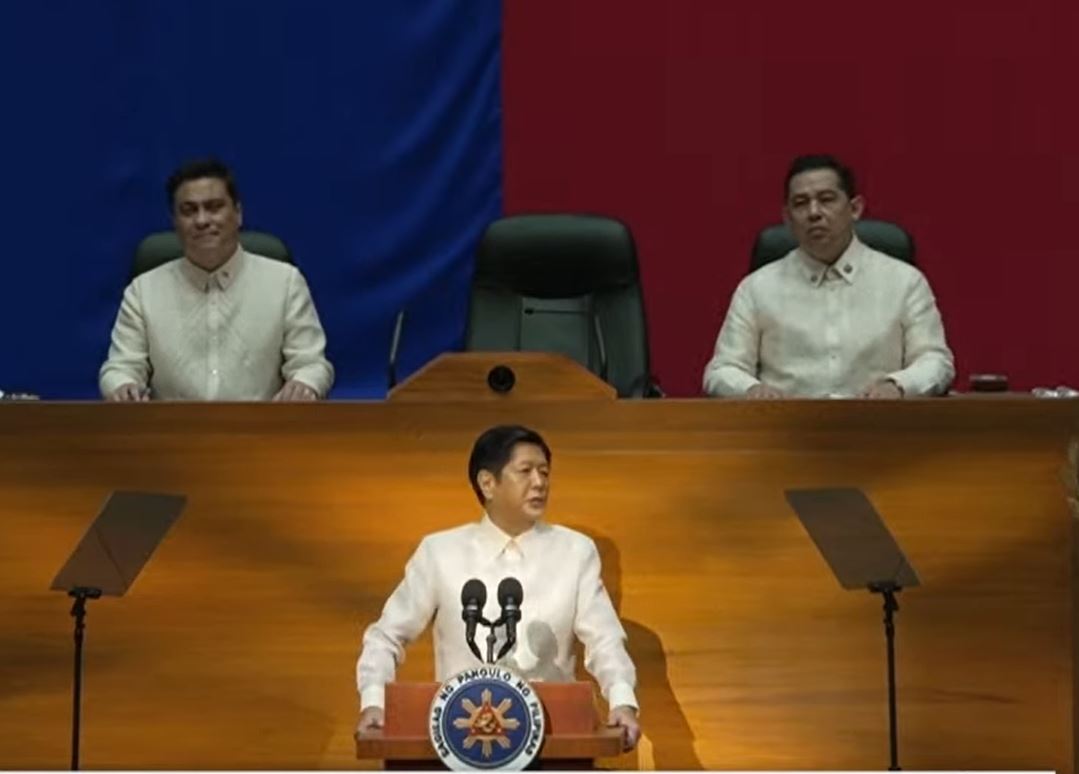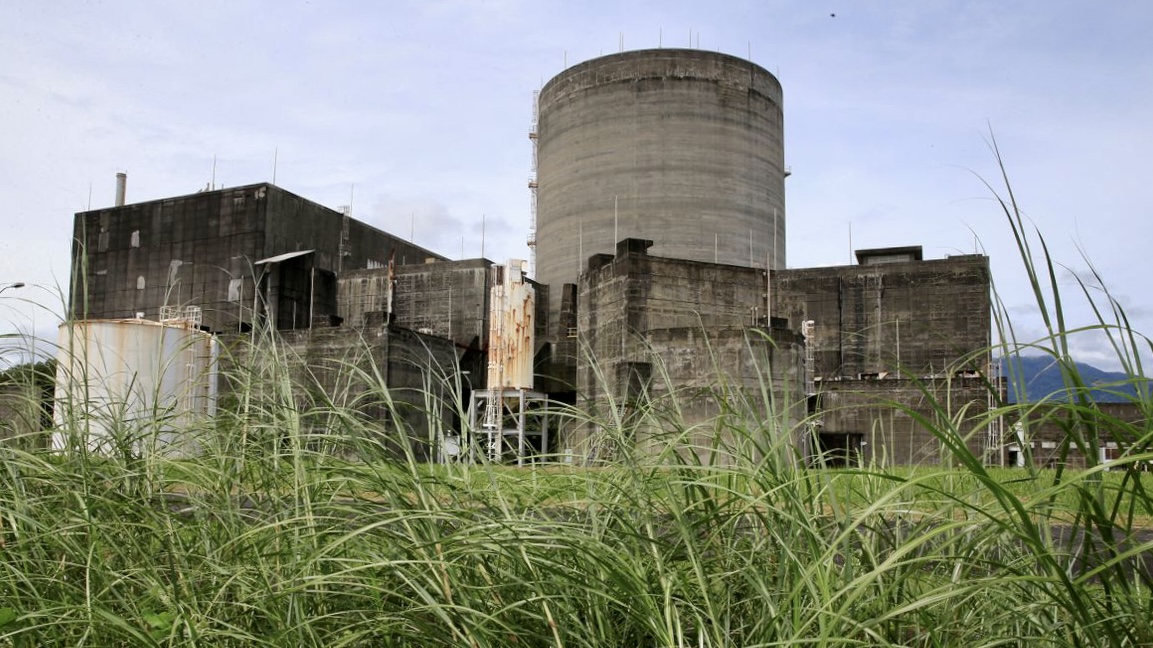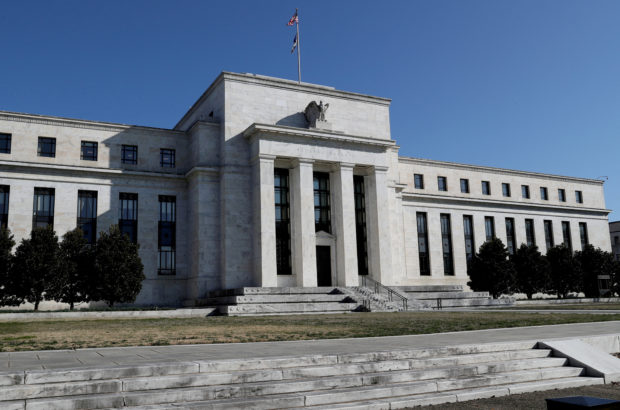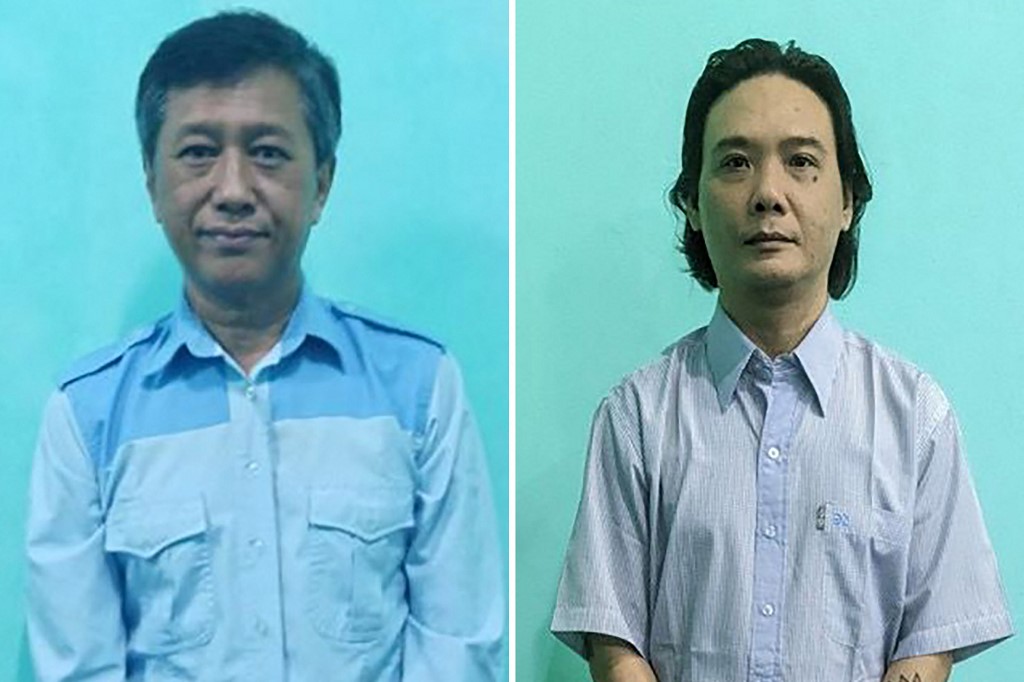[ad_1]
Manila: A twin set of latest legal guidelines dubbed as “sport changers” may unleash the move of funding {dollars} to the Philippines, a market of 110 million inhabitants with a $1.47 trillion GDP, the 18th on the earth.
The event is already sparking pleasure in native shares.
Collectively, the 2 new legal guidelines have one intention: Give Filipinos the precise instruments to compete within the regional sport of grabbing billions of {dollars} price of international capital which have to this point skipped the nation.
How? By permitting the entry of 100% international possession in key sectors, thus shedding off greater than eight a long time of protectionist laws. The primary legislation — which already kicked in from January 21, 2022 — opens the retail commerce to 100% international possession.
The second, now authorised by each chambers of the Philippine Congress and awaiting President Rodrigo Duterte’s signature — will open different key sectors from airways to telecommunications to 100% international possession.
Right here’s what we all know to this point:
Why are they referred to as ‘landmark legislations’ or ‘game-changers’?
The landmark legislations come 35 years after the ratification of the 1987 Structure, which prescribes a 40% cap in international possession of key industries.
It additionally unshackles the economic system from a 1936-era legislation that strictly defines what “public utility” means.
This has resulted the Philippines being a relentless laggard in attracting international direct investments (FDI) in comparison with its extra enterprising neighbours within the Asean.
What are the two adjustments in investment-related Philippine legal guidelines:
The primary one: RA 11595 —“An Act amending Republic Act No. 8762 or the Retail Commerce Liberalization Act of 2000 (RTLA) — is now a legislation. It was authorised December 10, 2021, and took impact on January 21, 2022.
The second is an modification to the Philippine Public Service Act (PSA) — which now permits for 100% international possession of telecoms, airways, railways within the Philippines — was handed by each Homes of Congress, and is now awaiting President Duterte’s signature.
What’s the brand new retail funding legislation?
On December 10, 2021, President Rodrigo Duterte signed into legislation Republic Act No. 11595 (“RA 11595”), in any other case generally known as “An Act amending Republic Act No. 8762 or the Retail Commerce Liberalization Act of 2000 (RTLA).”
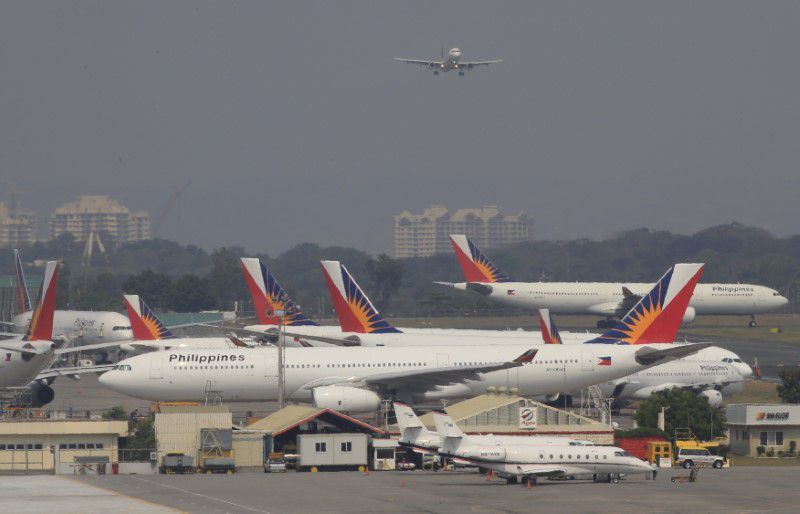
What are the key provisions of RA 11595?
There are two necessary provisions of the brand new retail legislation (RA 11595) President Duterte simply signed. It gives for the next:
- (a) Decrease the paid-up capital requirement for international retail enterprises “and different functions”.
- (b) Take away the requirement for a “Certificates of Pre-qualification” prescribed beneath the outdated regime (beneath RA 8762 or Retail Commerce Liberalization Act of 2000). Previously, international retailers are required to undergo the Philippine Board of Investments (BOI) this certificates earlier than they’ll put money into or have interaction in a retail commerce enterprise within the nation. This has been scrapped.
- (c) Set a single minimal paid-up capital requirement of Php25 million ($485,090) for all foreign-owned retail commerce enterprises.
- (d) Decrease the minimal funding requirement per retailer to Php10 million ($194,036).
When did it take impact?
RA 11595 was printed within the Official Gazette on January 6, 2022. It took impact on January 21, 2022 — or 15 days after its publication. In fect, the act would enable larger international possession for some listed firms. The brand new guidelines would intensify competitors within the nation’s retail indsutry and will pave the best way for “mega-retailers” resembling Carrefour, Walmart and Goal and to arrange store within the nation.
What are the important thing adjustments within the amended Philippine Service Act (PSA)?
On Thursday (February 3, 2022), the bicameral convention committee of the 2 homes of the Philippine Congress authorised main amendments to the PSA. In essence, the amendments would now enable 100% international possession in telecommunications, airways and railways, amongst others.
Initially, there have been two variations of the invoice — one every from the Senate (Invoice No. 2094) and the Home of Representatives (Invoice No. 78). Beneath the reconciled model of the PSA amendments, the protection of “public utility” beneath Philippine legislation can be modified to exempt the next sectors:
- Telecommunications
- Home transport
- Railways and subways,
- Expressways and tollways,
- Airways
- Airports
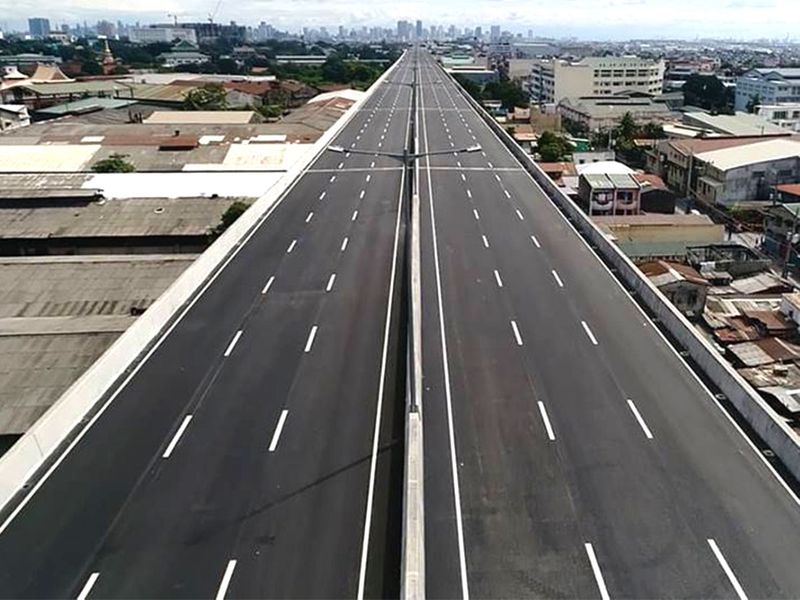
What occurs subsequent?
President Duterte has licensed the measure “pressing”, and it’ll now be despatched to the presidential palace (“Malacañang”) for his signature. As soon as authorised, the legislation would open these key sectors to much-needed international direct funding (FDI) and competitors.
For instance, it’s hoped this may translate to:
- Cheaper airfares
- Decrease transportation and transport prices
- Sooner, extra reasonably priced Web providers throughout the 7,640-island archipelago
- Extra infrastructure investments.
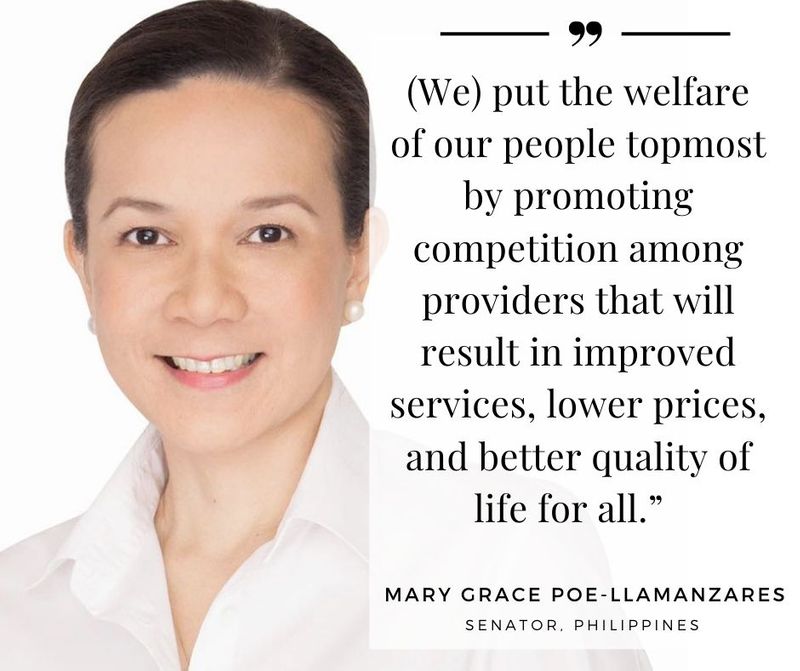
Competitors for FDI is intense among the many Asean neighbours, with the Philippine being a relentless laggard. The nation is seen as much less engaging on account of possession limits, poor infrastructure and comparatively larger cost-of-doing-business measures, Oxford Economics acknowledged in an October 2021 report.
In 2021, for instance, Vietnam (which has allowed 100% possession in key industries) obtained $19.74 billion in international direct funding (FDI), whereas Thailand attracted $19.5 billion in 2021.
The Philippines, however, attracted solely $7.2 billion (from January to October 2021, the most recent for which knowledge is offered), based on CEIC nation report.
Marikina Metropolis Rep. Stella Luz A. Quimbo mentioned whereas the ultimate the proposed PSA modification opens up the economic system to extra international traders, it presents safety to small companies like jeepney operators, and ensures nationwide safety safeguards.
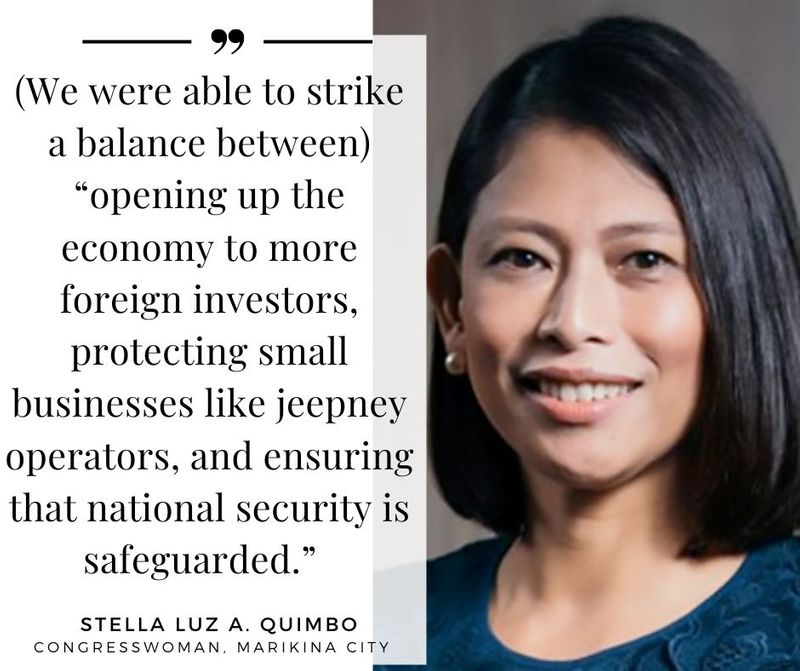
Senator Grace Poe, mentioned that in opening these industries sufficient safeguards are in place to guard nationwide safety and sovereignty.
What’s the preliminary response to this point?
There’s an air of optimism: Collectively, the brand new legal guidelines are anticipated will usher in a “new financial period” for the Philippines.
On Friday, the Phisix (the Index of the 2 linked exchanges in Manila — Makati and Ortigas) closed close to its pre-pandemic excessive, because the act would enable larger international possession for some listed firms.
In the meantime, the members of the Joint International Chambers (JFC) applauded the ratification by Congress of the Bicameral Convention Committee report reconciling provisions of Senate Invoice 2094 and Home Invoice 78, expressed optimism the invoice can be signed into legislation.
Regardless of the Constitutional limits on the foreigners’ possession, the nation already attracts substantial investments in electronics manufacturing, having recorded $46 billion price ofelectronics exports in 2021. It additionally has a rising enterprise course of outsourcing (BPO) trade, with its English-speaking younger folks serving a worldwide clientelle, and ploughing dwelling revenues price about $30 billion a 12 months.
Hundreds of thousands of abroad Filipinos additionally despatched dwelling about $32 billion final 12 months, exhausting money dubbed by the World Financial institution as “higher than loans”.
[ad_2]
Source link

